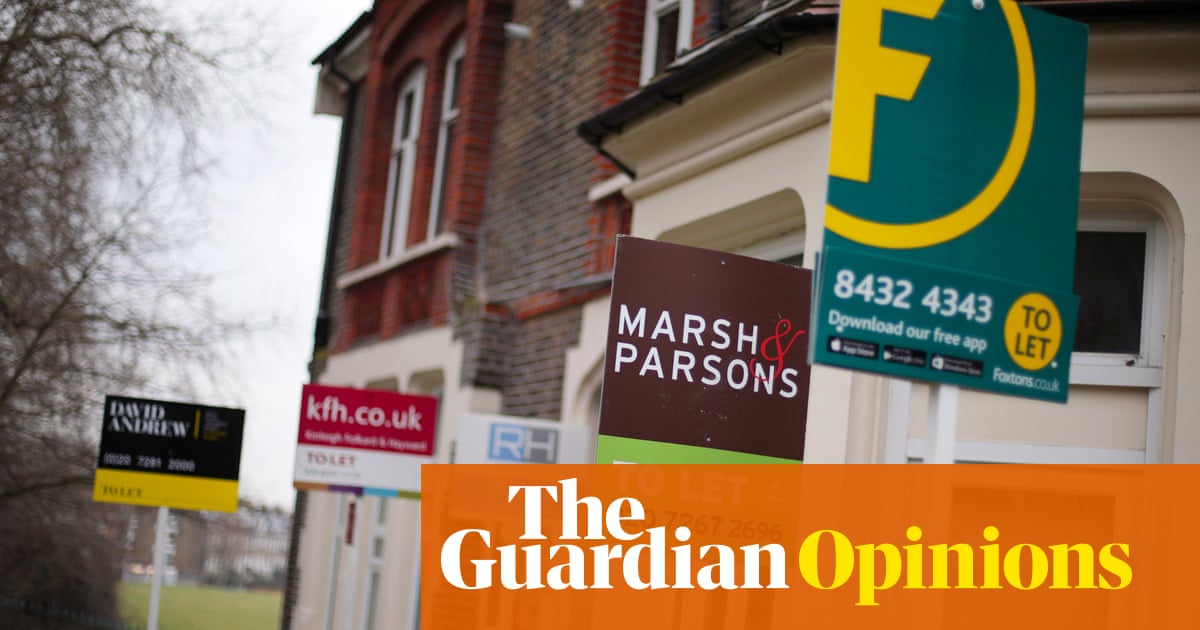
The news that Marks & Spencer is to cut 7,000 jobs over the next three months is the latest grim indicator of the hard times that millions of families and individuals face this winter. As the government’s furlough scheme winds down, businesses will encounter the full impact of the deepest recession since records began. The Office for Budget Responsibility has predicted that the ensuing redundancies could see unemployment surge to 3.5 million, the highest level since the early 1980s. Lives will be turned upside down. People will find their financial circumstances radically altered for the worse, through no fault of their own.
This is no time then to be removing the most basic Covid-19 safety net of all – one expressly designed to give people the security of having a roof over their head. Yet this is what the government plans to do next week, when it will lift a ban on evictions introduced in March, as Britain went into lockdown. Originally imposed for three months, the ban was extended as the scale of the coronavirus crisis – and its catastrophic economic fallout – became clear. Given what ministers know about the extent of the hardship to come, the case for a further extension is overwhelming. Instead, the Ministry of Housing, Communities and Local Government has judged it more important to restore landlords’ rights by allowing eviction hearings to resume. Just as with the free school meals debacle, which required the intervention of a famous footballer for justice to be done, the government is revealing it has a tin ear when it comes to choosing its priorities in this pandemic.
According to Shelter, almost 230,000 private renters have fallen into rent arrears since the pandemic struck. One in four calls to its emergency helpline have come from people worried about losing their home. Some will have lost their jobs; more will have struggled as a result of a reduced income on furlough. Those who have built up arrears will, from next week, be vulnerable to eviction. Mortgage holders will also be more exposed. As recession bites and unemployment soars, a cross-party group of MPs have warned of a “new wave of homelessness” that could leave cash-strapped councils unable to cope. As the Guardian reported on Tuesday , there is already disturbing evidence of a new surge in rough sleeping.
In an attempt to mitigate its heartlessness, the government will require that landlords provide eviction hearings with information on the impact of Covid-19 on tenants. But campaigners point out that the failure to outlaw section 21 “no fault” eviction notices – despite a pledge to do so by Boris Johnson – may leave judges powerless to act in many cases.
The Scottish government last week announced that it would extend a ban on evictions until next spring. The housing secretary, Robert Jenrick, should do the same for England and Wales. The government could also consider boosting housing benefit payments and introducing hardship loans for tenants struggling with rent payments. In June, when the extension of the eviction ban to August was announced, the secretary of state for justice, Robert Buckland, rightly said that the decision would give people “invaluable security in these turbulent times”. That is as true now as it was then, as the government must surely know.
The Guardian





